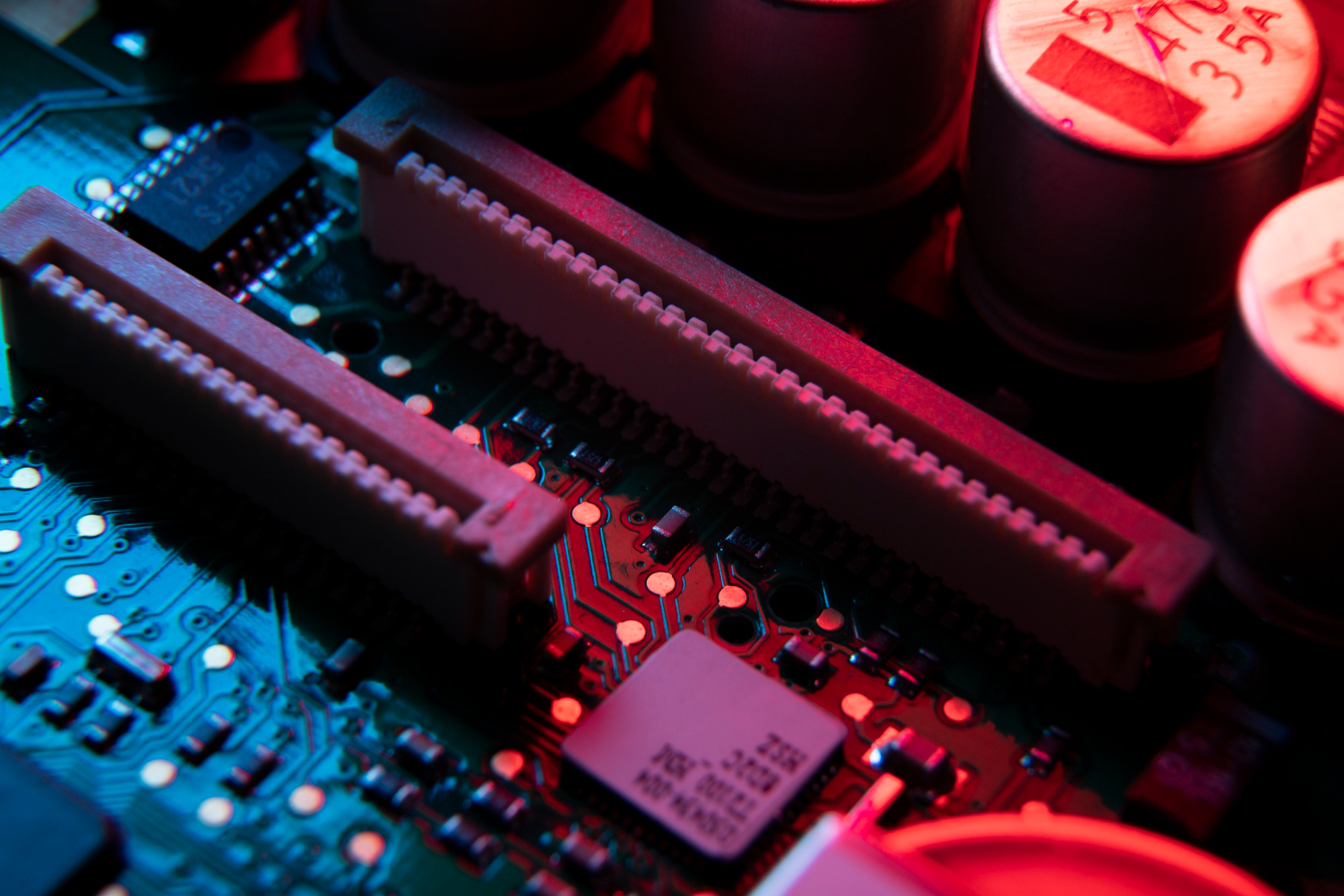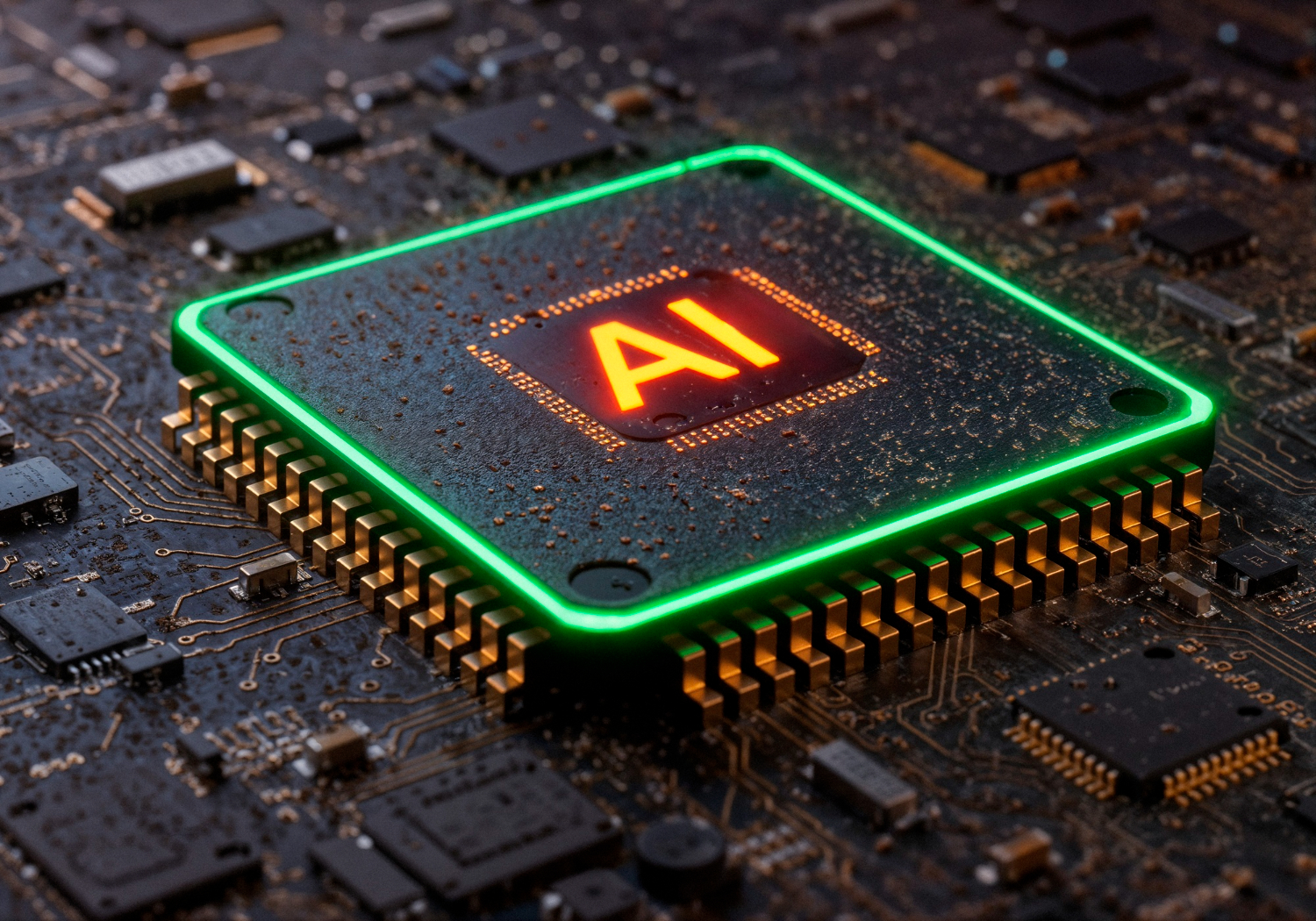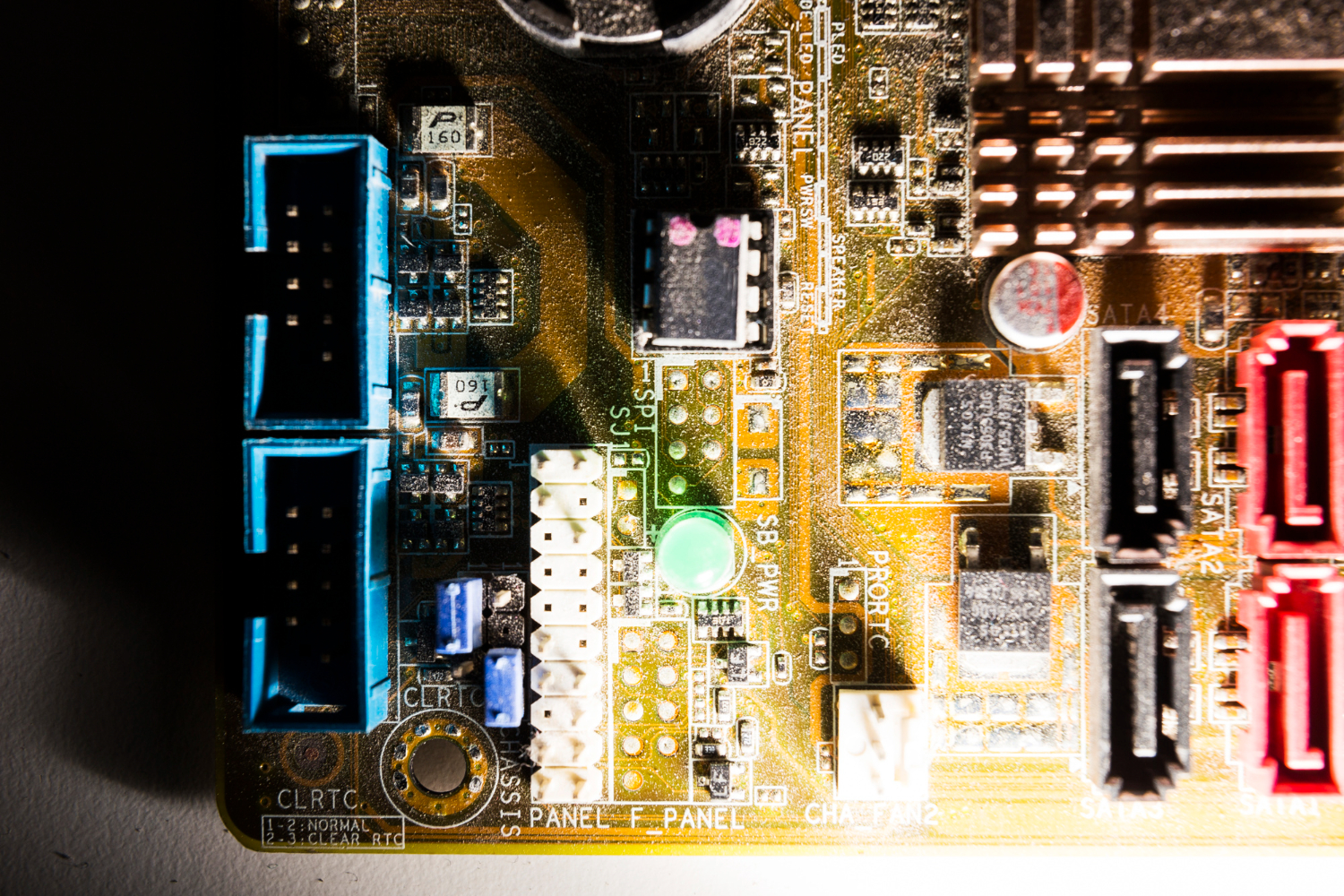Introduction
A place to call home, a place to invest in, a place to start your very own office - all of this is made possible by the concept of real estate. The real estate industry can be traced back to the 19th century. As a society, we’ve been interested in owning homes and investing in properties for quite some time.
In parallel to that, we’ve also become more technologically advanced. It’s only logical that we are seeing a growth in cutting-edge technology like artificial intelligence being used in real estate. In fact, artificial intelligence (AI) in the real estate market is expected to reach a substantial value of 1335.89 billion USD by 2029!

AI applications in real estate are a major part of development efforts towards building smart cities. Urban areas are increasingly adopting AI solutions to transform how we live and work. AI technologies like computer vision, generative AI, GPU acceleration, IoT edge computing, etc., are the backbone of these smart city initiatives. In real estate, AI can help with a variety of tasks, from urban planning to property valuation.
In this article, we’ll take a look at some great examples of these AI applications. We’ll understand the challenges associated with implementing these solutions and discuss how they are the future of the real estate industry. Let’s get started!
AI-Driven Urban Planning and Development
Urban planning and development is designing functional and sustainable city spaces. This includes city elements, like the layout of buildings, roads, and parks. It’s closely related to real estate because urban plans directly impact property development, values, and the overall appeal of neighbourhoods.
Urban planners can use generative AI to design layouts. These layouts can be generated to optimise land use, infrastructure, and community spaces in real estate projects. Instead of manual layout evaluations, generative AI can quickly create multiple designs. The process of iterating through designs is made much simpler. This streamlines planning and speeds up decision-making for a more efficient process.

Here are some other benefits of using generative AI for urban planning and development:
- Creative Solutions - AI can suggest innovative design solutions that may not be immediately obvious to human planners.
- Data-Driven Insights - Generative AI can analyse vast amounts of data to provide insights that inform better urban planning decisions.
- Future-Proofing - Getting ready for future challenges like population growth, climate change, and technological advancements becomes a breeze with AI by your side.
- Cost Efficiency - By quickly generating multiple design options, AI reduces the time and resources spent on planning.
These benefits are being realised, and a direct result of that is the significant growth of the global generative AI in the real estate market. In 2022, the market was valued at 351.9 million USD. It is projected to reach approximately 1,047 million USD by 2032. This growth shows a remarkable Compound Annual Growth Rate (CAGR) of 11.52% from 2023 to 2032.

By integrating generative design tools, geospatial data, and sustainability validation, AI is changing how architects, planners, developers, and educators approach building design.
The image below shows an example of a generative design interface. These platforms have intuitive controls and visual data representation, streamlining the design process. It allows users to analyse environmental data to ensure that each design is geared towards eco-conscious architecture.

With features like real-time daylight autonomy scoring, solar radiation simulation, and neighbourhood scoring, these platforms allow professionals to create environmentally conscious, visually appealing, and functional urban spaces. Takenaka Corporation, one of Japan’s biggest construction companies, had an astounding 750% boost in project design delivery speed and reduced project timelines thanks to such a platform. A project that traditionally took them four years is now being completed in just one year. This real-world example showcases the potential of generative AI in real estate design and development.
Real-time Monitoring and Management of Properties
Managing real estate properties that are up for sale encompasses ensuring there’s no trespassing, taking care of maintenance needs, and paying utility bills on time. Oftentimes, it’s difficult for real estate agents to manage multiple properties and require help to be available near the properties. But what if real estate agents could monitor and manage properties from the comfort of their office or home? That’s where AI can step in. Computer vision and IoT edge computing can automate these tasks!
Computer vision can be used for real-time monitoring of properties through already available CCTV cameras. By analysing video feeds, computer vision can detect anomalies, unauthorised access, or maintenance needs.

Beyond this, computer vision can even be used for property inspections. For instance, Guardian Asset Management uses computer vision to improve property inspections. They were able to halve quality control efforts and remove the need for inspector callbacks. Their AI tools processed over 7.5 million monthly images, boosting accuracy and standardisation. This led to time and resources being saved in property management.
Coming to IoT and edge computing, a residential property equipped with IoT sensors and devices can monitor parameters like temperature, humidity, energy usage, and occupancy. The property management system can automatically adjust heating, ventilation, and lighting to optimise energy efficiency by processing this data at the edge. This is far faster than processing data centrally and then acting on it.
Smart locks and access control systems like IoT Deadbolt by igloohome also ensure secure and convenient entry for folks checking out properties. The real estate agent could remotely unlock the property and let the interested parties tour without them. The integration of these IoT solutions transforms properties into smart buildings!

Property managers can achieve a more responsive and intelligent management system by combining computer vision and IoT edge computing.
Here’s a scenario where this could play out:
- A trespasser enters a property where no one is home. Refer to our article: Making Your Home Smarter with a Little Help from AI!
- The computer vision-enabled surveillance system detects the trespasser.
- The system’s IoT and edge computing part verify this detection by looking for signs of an unlocked door or an increased temperature.
- Upon verification, all doors are locked, lights are turned on, and real-time alerts are sent to security personnel.
This integration improves security by allowing for rapid, automated responses to incidents. These AI technologies’ practical and dynamic capabilities make them invaluable in property monitoring and management.
Using AI for Property Valuation and Market Analysis
Till now, we’ve looked at how AI can support making designs planning, and monitoring properties. Next, let’s shift gears and talk about how AI can help predict real estate trends and make complex analysis simpler for the people working in real estate.

AI can be used for predictive modelling of real estate trends. Extensive data on historical prices, neighbourhood demographics, and market conditions can be shifted to forecast how the real estate market will behave. Real estate experts can use this application to predict future property values, spot up-and-coming areas, and anticipate market shifts. They can provide these valuable insights to investors and buyers.
GPU acceleration is key to making AI impactful in real estate market analysis. GPUs can rapidly handle complex tasks. They are essential for processing the large volumes of data in real estate analysis. Predictions about market trends, property values, and emerging areas can be done much faster and more accurately.
For real estate professionals, using GPU acceleration translates into several benefits. They can make quick, informed decisions. This is crucial in a fast-moving market. They now have access to real-time data analysis and insights. Such rapid and accurate information is not possible with traditional computing methods.
Challenges and Future Directions
AI in real estate brings many benefits, but adopting and accepting this technology also faces several challenges. Key issues include data privacy, security, and AI systems’ accuracy. There’s also a growing need for specialised skills in AI and real estate. Upskilling real estate professionals, which requires training and time, is definitely a challenge. On top of this, integrating AI into existing legacy systems and addressing ethical concerns, like algorithmic bias, are crucial.
Despite these challenges, the outlook for AI in real estate is optimistic. As Wade Vander Molen, Senior Vice President of Business Development at Pruitt Title LLC, aptly puts it, “Real estate professionals who embrace AI stand to gain a competitive advantage in an increasingly dynamic and data-driven market”.
Technological advancements, such as 5G and improved AI models, will further increase AI’s impact on real estate. The industry is focusing on overcoming these obstacles. The goal is to develop AI solutions that are secure, accurate, and ethically sound. These developments are crucial for sustainable urban development.
Looking into the future of AI in real estate, virtual and augmented reality will offer immersive property experiences. Meanwhile, automated transaction processes will streamline operations. These innovations will improve the real estate landscape, making it more efficient, user-friendly, and sustainable.
What We Can Offer as TechnoLynx
At TechnoLynx, we’re passionate about unlocking the power of AI innovations across various industries. We create custom-fit AI solutions for each client’s unique needs, no matter their field. Whether you’re in healthcare, finance, or real estate, there’s an AI application that can make a significant difference in your business operations.
We specialise in four key technological areas: computer vision, generative AI, GPU acceleration, and IoT edge computing. Our expertise extends to developing advanced AI tools for a range of applications - from improving customer service experiences to streamlining processes.
What sets us apart at TechnoLynx is our commitment to not just delivering cutting-edge technology, but also practical, user-friendly solutions. We’re here to help businesses navigate the exciting potential of AI. We ensure that AI innovations are also secure and reliable. If you’re looking to explore the possibilities of AI and how it can transform your business, TechnoLynx is here to guide you through every step. Let’s discuss how our AI solutions can be tailored to meet your unique challenges and objectives. Feel free to reach out to us at TechnoLynx.
Conclusion
The real estate industry is transforming digitally, and AI is leading the way. From designing urban spaces to managing properties and predicting market trends, artificial intelligence is changing the game.
We’ve seen how technologies like computer vision, generative AI, GPU acceleration, and IoT edge computing are making waves in the industry. TechnoLynx can help you create tailored AI solutions for different fields, including real estate.
As technology keeps improving, our homes, workplaces, and cities will become more and more advanced. We’re talking about smarter, greener, and more efficient places to live and work. It’s safe to say that AI is bringing a better tomorrow to us!
Sources for the images:
- Anabel (2023) Case Study - IoT Deadbolt - The Star Solution for Managing Properties in Large-Scale SFR Property Management
- Architosh. (2021) INSIDER: Augmented Intelligence: Digital Blue Foam’s Alternative Approach to Generative Design in Architecture
- Commercial Brokers International (2023) PREDICTIVE ANALYTICS IN COMMERCIAL REAL ESTATE: HOW AI IS TRANSFORMING DECISION-MAKING
- Güner A. (2022) Computer Vision in Real Estate (2022 Guide).
- Maximize Market Research (2023) Artificial Intelligence in Real Estate Market- Global Industry Analysis And Forecast (2023-2029)
- Precedence Research (2023) Generative AI in Real Estate Market












